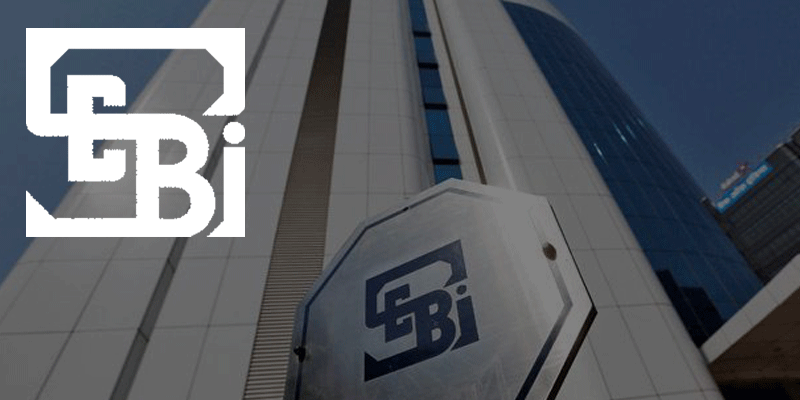Next financial year will possibly see a reduction in market trading costs under a framework for ‘interoperability among clearing corporations (CCPs) employed by Stock Exchanges’.
Interoperability, here, means to enable transactions between multiple payment infrastructures and Fintech service providers – which will boost the reach of retail payment instruments and transaction accounts.
According to circular released by Securities and Exchange Board of India (SEBI), it will be functional by 1 June 1 2019.
Trading entities can take advantage of interoperability to clear trades through a service provider they choose rather than the CCP.
Currently, stock exchanges only use their CCPs to settle trade
expenses. Interoperability among CCPs will undoubtedly result in an effective capital allocation that saves on expenses while ensuring better trade execution.
The expert committee formed by SEBI in September 2018 have submitted their report, and the market regulator approved their recommendations.
Interoperability among CCPs necessitates linking of multiple clearing corporations. It allows market participants to consolidate their clearing and settlement functions at a single CCP, irrespective of the stock exchange on which the trade is executed – SEBI’s Statement from the New Guidelines.
Every recognised CCP should follow the interoperability framework barring those in the International Financial Services Centre. Any product traded on the stock exchanges can use this facility.
However, it doesn’t apply to commodity derivatives. Let us take an example of wheat to a bread maker. If the bread maker anticipates a rise in the cost of wheat, he can enter into a contract with the farmer to sell his wheat at the same price to ensure that his profit stays intact.
Similarly, the farmer can also do the same if he expects the prices to fall in the near future. SEBI has directed stock exchanges and CCPs to operationalise interoperability before 1 June 2019.





